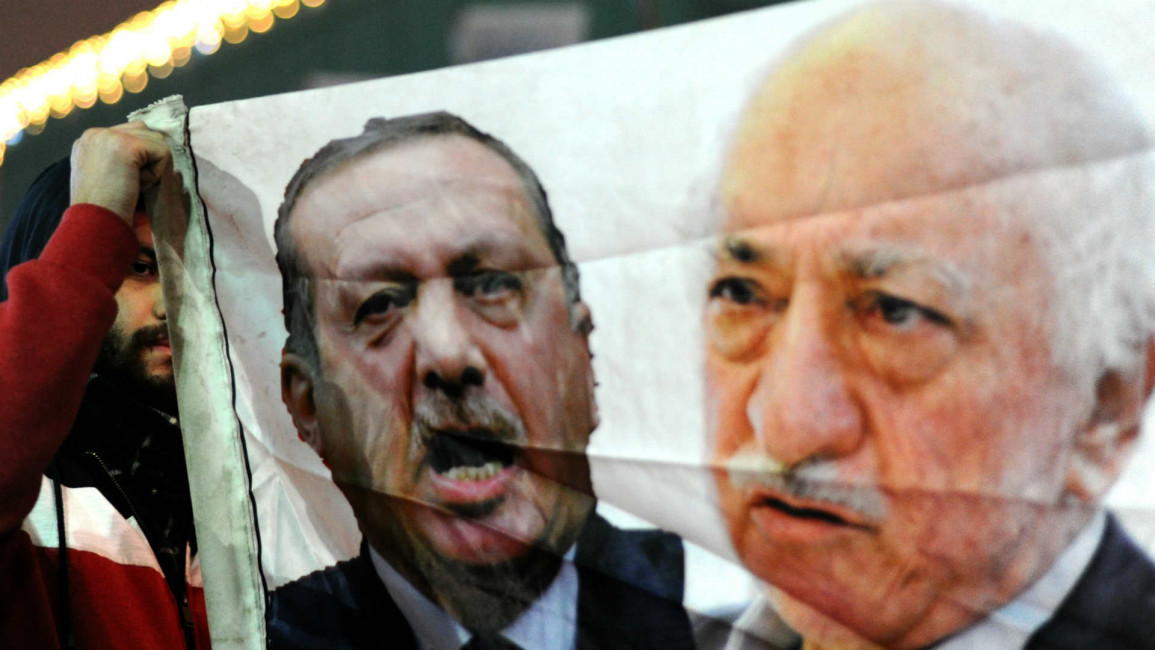Arrest warrants issued for over a hundred Turkish air force personnel, over alleged Gulen links
Detention warrants were issued for 101 members of the air force by Ankara prosecutors with the investigation spread across 21 other provinces, Turkish daily Hurriyet reported.
Among those facing arrest are a brigadier-general and five colonels.
Last week, Turkish officers arrested 150 soldiers over suspected links to the US-based cleric.
Since the July 2016 attempted overthrow of President Recep Tayyip Erodgan's government, more than 50,000 people have been arrested and 140,000 public workers - including military personnel - sacked or suspended for alleged links to Gulen or Kurdish separatists.
Turkey accuses Gulen, who lives in self-imposed exile in the US, of ordering the failed coup. He strongly denies the claims and insists his movement is peaceful.
Some 8,500 Turkish armed forces personnel have been sacked so far, including 150 generals, which is more than half of the military's pre-coup contingent of top-ranking officers.
Last month, Turkish Defence Minister Nurettin Canikli said authorities would soon dismiss nearly 3,000 more military personnel via emergency decree.
Five days after the coup bid, Turkey introduced a state of emergency which was renewed for a seventh time last month despite Ankara's Western allies calling for it to end.
Turkish presidential elections are set to take place next month, with incumbent Erdogan the favourite to win.
His victory will see the introduction of new laws that increase his presidential powers, a move many see as a consolidation of his authoritarian regime.
Others argue a strong presidential system is the best way to stave off further military coups, which have plagued the Turkish Republic since the Second World War.



